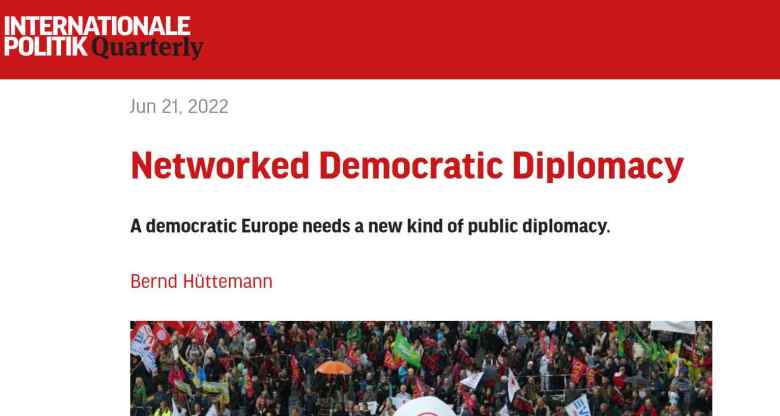If you want to dive deep into the yearly state of European integration, there is no better source than the Jahrbuch der Europäischen Integration (Yearbook of European Integration) published by the Institut für Europäische Politik e.V.
In the upcoming 2024/25 edition (to be released this autumn), my new chapter will focus on EU interest representation. I cover developments from June 2024 to June 2025: the ongoing controversies around the Transparency Register, the rising relevance of strategic corruption, the reconfiguration of lobbying after the 2024 European elections, and looming cuts to EU funding for non-state organisations. My conclusion looks ahead to 2025/26 – from omnibus packages on cutting red tape to the “Readiness 2030” defence programme and the next Multiannual Financial Framework. A key question will remain how EU institutions can safeguard integrity and transparency under the pressure of geopolitical influence.
Good news: my earlier yearbook contributions are now freely accessible in the online archive of the Institut für Europäische Politik (IEP). Anyone interested in tracing the evolution of #LobbyEU since 2012 can find them here:
👉 Jahrbuch-Archiv – Institut für Europäische Politik
Unfortunately, the most recent editions are still missing – publishers remain reluctant to embrace open-source publishing, even when it comes to tax-funded projects largely carried by volunteers. Still, the archive already offers a valuable opportunity to follow continuity and change in EU lobbying over more than a decade.


